
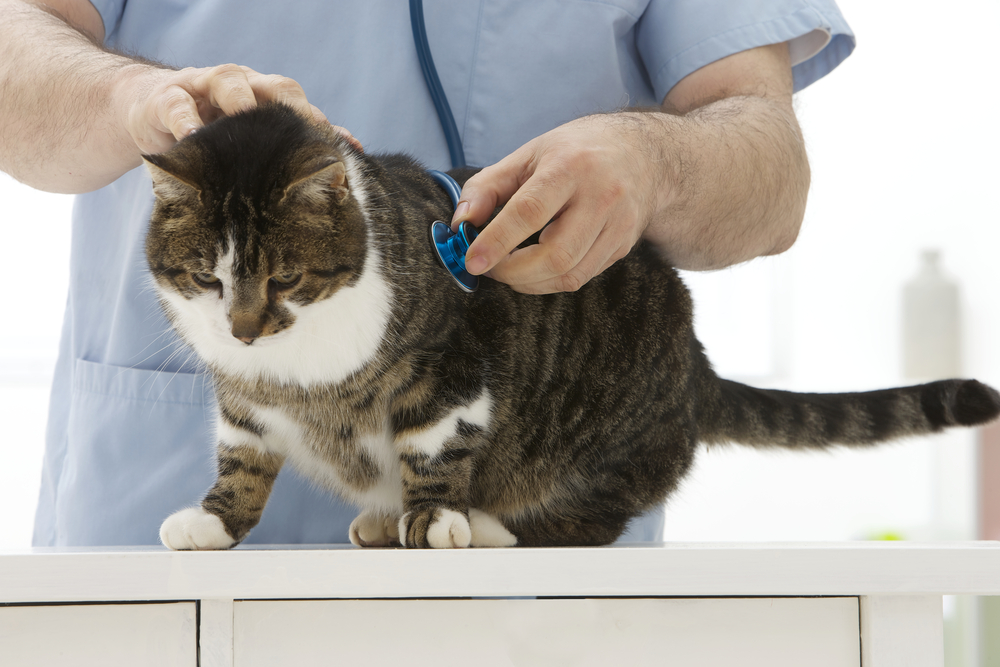
Long-term, ongoing inflammation of the liver, a medical condition referred to as hepatitis, is associated with an accumulation of inflammatory cells in the liver and progressive scarring or formation of excessive fibrous tissue in the liver (fibrosis). These biological changes lead to decreased functioning of the liver.
You will need to provide your veterinarian with a thorough history of your cat's health leading up to the onset of symptoms. Your veterinarian will perform a complete physical exam on your cat, including a blood chemical profile, a complete blood count, an electrolyte panel and a urinalysis. The bloodwork will enable your veterinarian to look for impaired kidney function.
The appearance of the liver will change in certain diseased states. Your veterinarian will use X-ray and ultrasound imaging to visually examine the liver and may use the opportunity to take a tissue sample for biopsy.
If your cat is severely ill it will need to be hospitalized and given fluid therapy supplemented with B vitamins, potassium and dextrose. Your cat's activity will need to be restricted during the treatment and recovery phase. Talk with your veterinarian about whether cage rest is the best option. The cat will also need to be kept warm.
Medication to increase elimination of fluids from the body will help to decrease fluid build-up in the abdomen, and medications may also be prescribed to treat infection, decrease brain swelling, control seizures, and decrease ammonia production and absorption (from the intestines to the rest of the body). Enemas can be used to empty the colon. Zinc may also be supplemented if necessary.
Your cat should be switched to a diet restricted in sodium, and supplemented with thiamine and vitamins. Rather than two or three main meals per day, you will need to feed your cat several small meals a day. If your cat is suffering from a lack of appetite that continues over several days, you will need to talk to your veterinarian about using an intravenous feeding tube. This should be done to assure that your cat does not suffer further from muscle wasting.
Your veterinarian will schedule follow-up appointments according to your cat's underlying disease state. Contact your veterinarian immediately if your cat's symptoms return or worsen, if your cat loses weight, or if your cat begins to show a poor body condition.
Image: JPC-PROD via Shutterstock
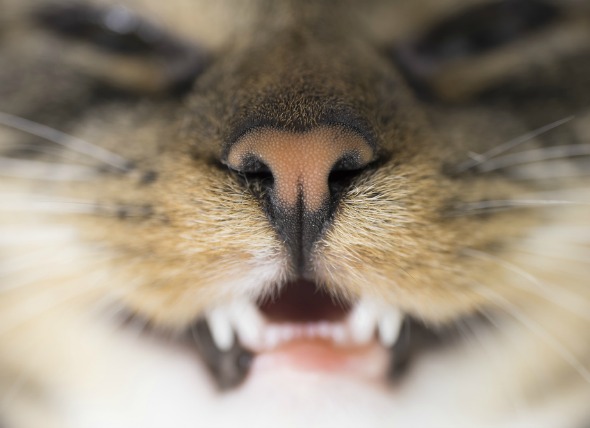 Tooth Dislocation or Sudden Loss in Cats
Tooth Luxation or Avulsion in Cats
There are diff
Tooth Dislocation or Sudden Loss in Cats
Tooth Luxation or Avulsion in Cats
There are diff
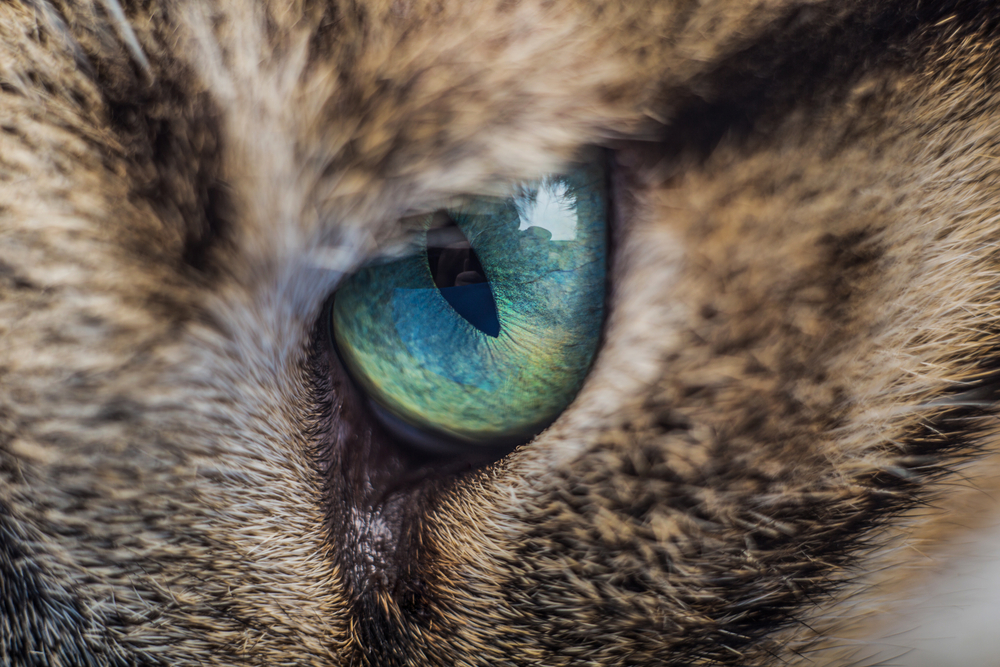 Eye Inflammation (Conjunctivitis) in Cats
Conjunctivitis in Cats
Conjunctivitis refers to t
Eye Inflammation (Conjunctivitis) in Cats
Conjunctivitis in Cats
Conjunctivitis refers to t
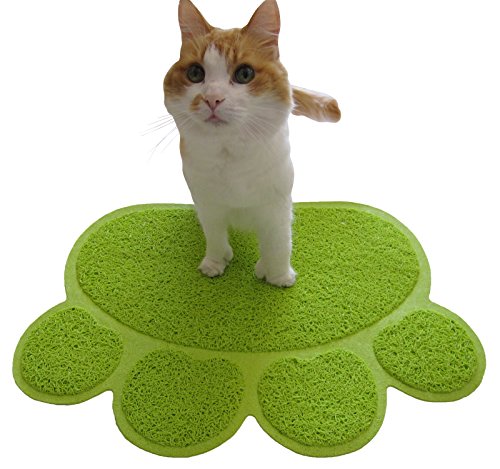 What Are the Most Common Cat Illnesses?
Cats are very self-sufficien
What Are the Most Common Cat Illnesses?
Cats are very self-sufficien
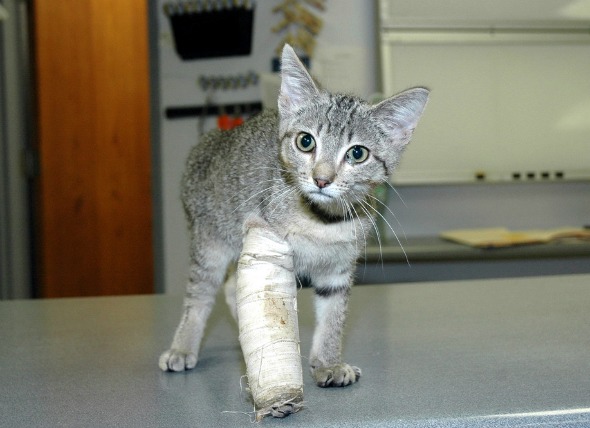 Front Leg Injury in Cats
Brachial Plexus Avulsion in Cats
Cats can experie
Front Leg Injury in Cats
Brachial Plexus Avulsion in Cats
Cats can experie
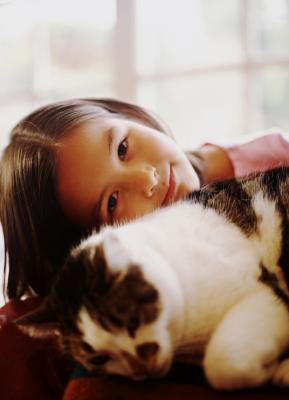 What Cats Are Good With Kids & Shed the Least?
What Cats Are Good With Kids & Shed the Le
What Cats Are Good With Kids & Shed the Least?
What Cats Are Good With Kids & Shed the Le
Copyright © 2005-2016 Pet Information All Rights Reserved
Contact us: www162date@outlook.com